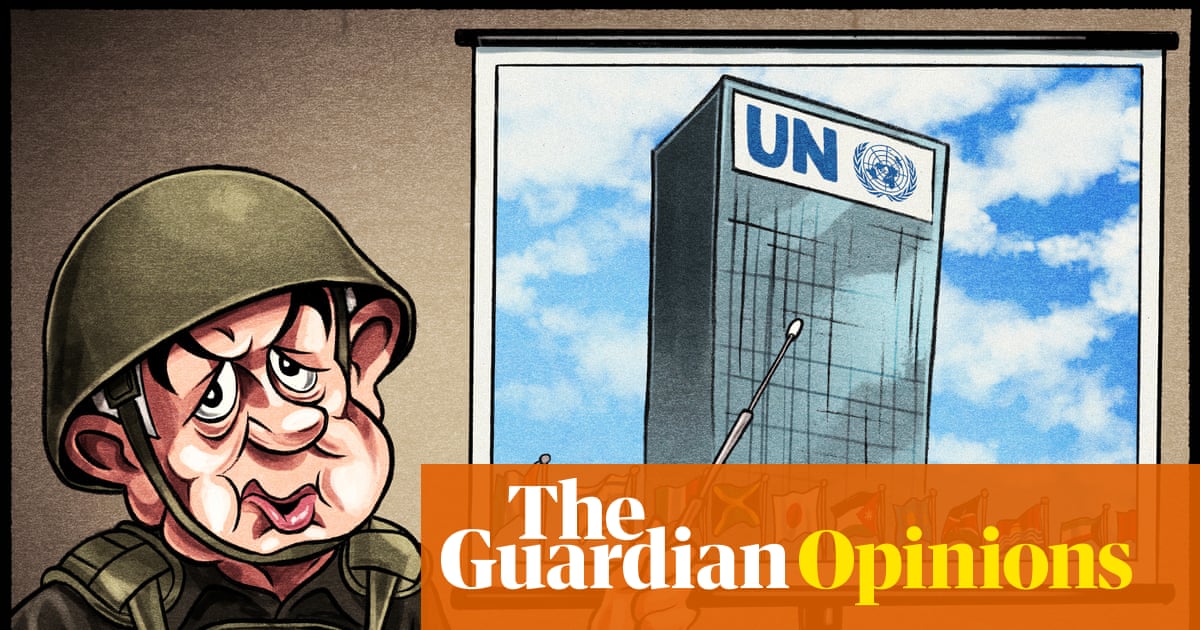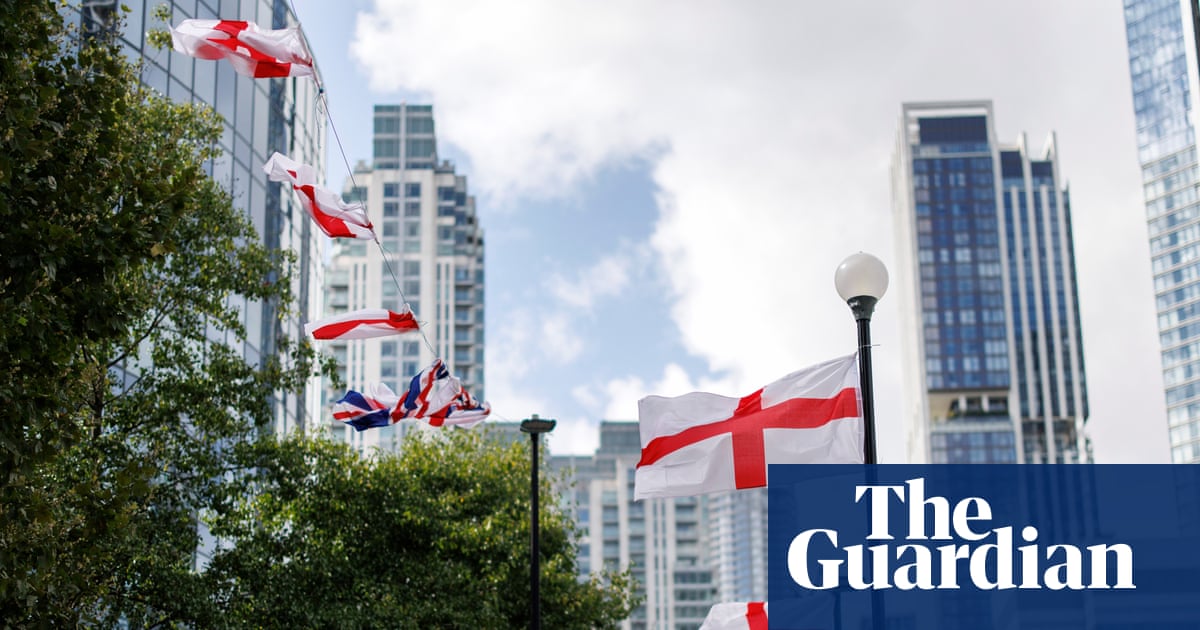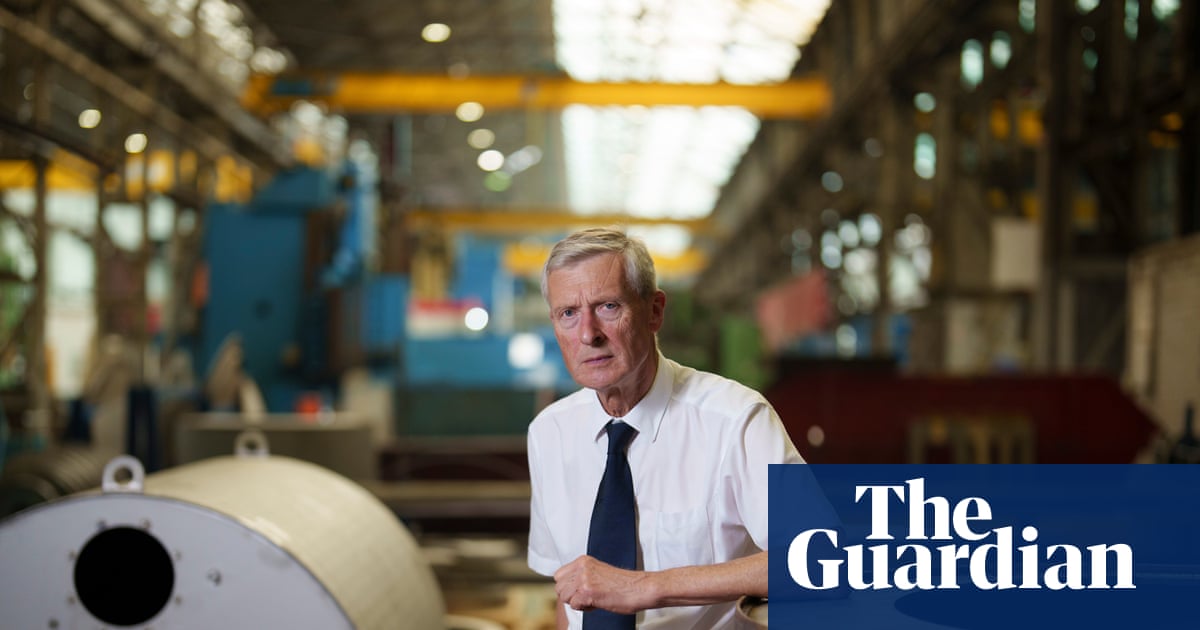The Whitehall civil service is too remote from people’s lives and needs to be “turned inside out” as part of plans to drive three of Keir Starmer’s missions from outside London, a Cabinet Office minister has said.
Georgia Gould, a former leader of Camden council who had a meteoric rise after her election as a Labour MP last year, said the government’s plan to move thousands more civil service jobs out of London was not about just “having offices in places” – and Whitehall civil servants needed to be more familiar with the day-to-day problems in frontline services from health centres to family hubs.
She said her job was to help close the “big gap between those doing the frontline operational roles and those who are making policies” by helping them to work together, share data and come up with new ideas about how to improve people’s lives – especially those who “fall through the cracks” of different public services.
Gould told the Guardian that Whitehall working would be “turned inside out”, as the Cabinet Office announced Starmer’s health mission would be based in Leeds, its opportunity mission in Sheffield and its growth mission in Darlington, with civil servants working with local government and frontline workers to pioneer new approaches.
The Cabinet Office announced in May that major Whitehall government buildings were to be shut by ministers as they seek to shed 12,000 civil servant jobs in London, while moving thousands of roles to cities across the UK.
It set a target of 50% of all senior civil servants being based outside London within five years, with the aim of policy being made closer to the communities affected.
Gould said the speed of change needed to rise, as some regional campuses of civil servants were still too divorced from where their work had an impact.
“I’ve gone to visit a lot of the hubs and it’s great that people are coming from those places and working there, but sometimes they still have their departmental corners and they’re not really working any differently with the places that they’re situated in,” she said. “So I think there’s a massive opportunity to bring the civil servants together with … communities to design public services from the bottom up, work out what’s going on on the frontline and change things.”
Gould said her approach to the job of public service reform was informed by her time at Camden, where the council transformed children’s services on her watch.
“Camden is really not that far but Whitehall felt very, very far away and it often felt that the kind of experience of the frontline just wasn’t taken into account when decisions were being made,” she said. “There’s one way of making policy – doing submissions, thinking about things in a room, about what works best – and there’s another way, which is getting alongside those on the frontline, whether that’s housing staff or jobcentre staff.”
She added: “They know the problems, they know what doesn’t work, and testing new approaches and then scaling them up … I think that is incredibly energising for civil servants to work in that way. They don’t always feel like they have permission, they don’t know how to start.”
Gould said civil servants she had spoken to were excited by her plans but also made clear that “that’s not how we’ve done things” traditionally.
“It’s really a new approach,” she said. “It is about giving people actively the space to test new approaches and they identify on the frontline barriers that we’re creating at the centre.”
Gould was elected in Queen’s Park and Maida Vale last year and became a minister immediately. She is the daughter of one the architects of New Labour, Philip Gould, and has previously described a childhood out delivering Labour leaflets before she could speak.
Her portfolio in the Cabinet Office, under Pat McFadden, spans from public service reform to public sector procurement.
Asked about the US “department for government efficiency” and Reform UK’s attempts to emulate it in Britain, Gould said the government was onboard with cutting waste through better procurement, but that innovating based on frontline experience could also save money.
“Everyone takes their own approach, and I think there is absolutely a role for looking at value for money through contracts. Basic efficiency should just be the baseline of doing good government … but I think when we’re talking about people-based services, I think we have to design things differently, because often we have people costing millions of pounds who are using multiple services and we’re not really supporting them. If we were much more focused on prevention or working with them at an earlier point we’d save a huge amount of money.”
She cited her experience working with someone who lacked the confidence to go to job interviews partly because of self-consciousness about his teeth. The human-centred approach that worked to help him had been enabling him to see a dentist.
On artificial intelligence, which is being embedded in the civil service as a way of speeding up processes, Gould said she did not see a conflict with a drive to provide human-based services and that AI could cut time spent on paperwork.
She said: “If frontline officers are spending all their time on laborious processes, that is really, really frustrating, so I think they can free up their time so those processes are much easier through AI.”

.png) 3 months ago
58
3 months ago
58

















































